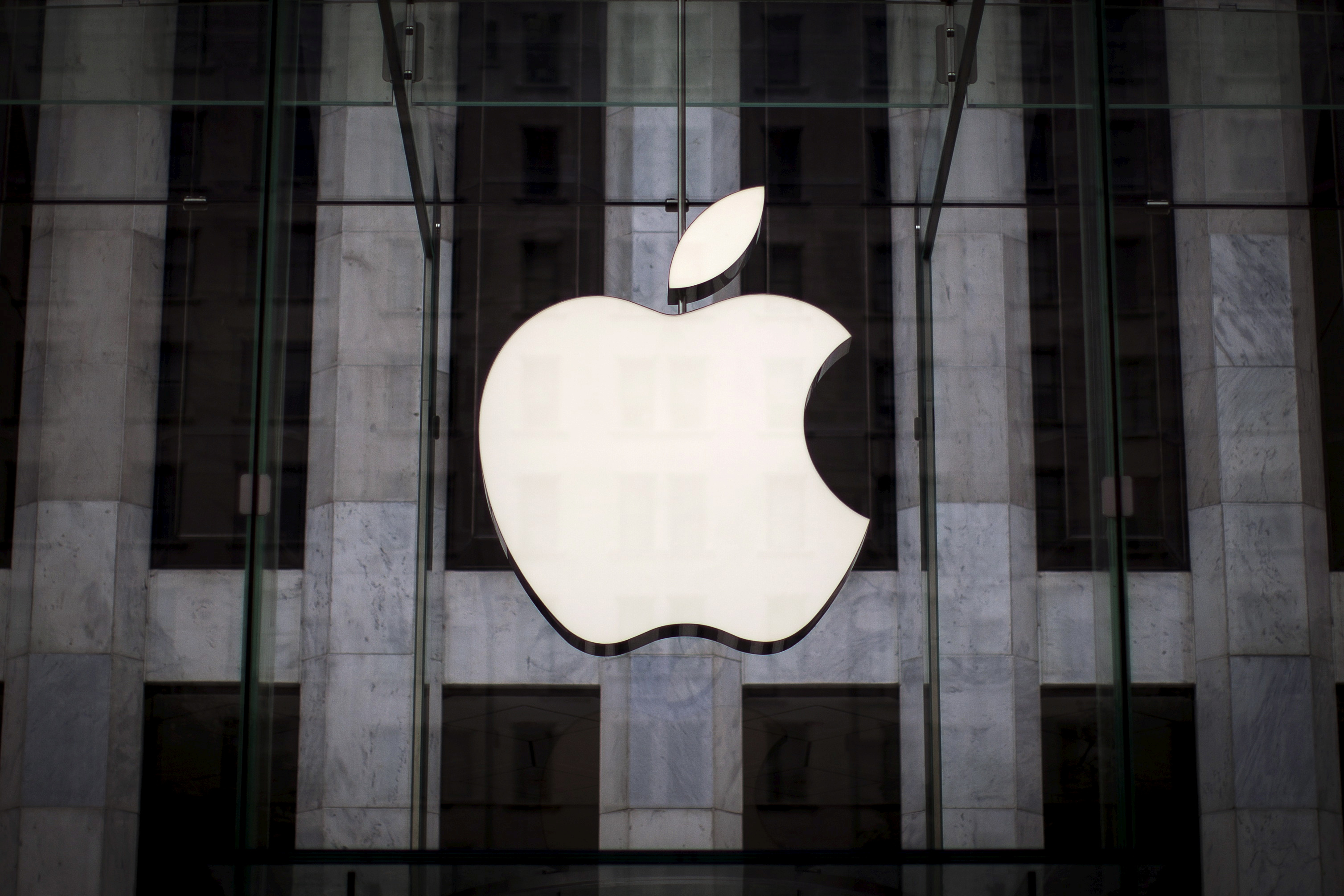The EU's assault on Apple
Apple, says the European Union, struck an illegal sweetheart deal with Dublin

A free daily email with the biggest news stories of the day – and the best features from TheWeek.com
You are now subscribed
Your newsletter sign-up was successful
The smartest insight and analysis, from all perspectives, rounded up from around the web:
Sorry, Apple: "The jig is up," said Michael Hiltzik at the Los Angeles Times. After years of "playing international tax rules like an orchestra," the technology giant has been ordered by European regulators to pay Ireland $14.5 billion in back taxes, plus interest. The European Union says Apple struck an illegal sweetheart deal with Dublin to pay as little as 0.005 percent in corporate taxes between 2003 and 2014. For Apple, the bill itself is chump change: The company could easily settle the tab with some of its $215 billion in overseas cash reserves. Of greater concern is that EU regulators appear determined to stop "U.S.-based international tax dodgers" from manipulating the Continent's loophole-ridden tax system. As one corporate tax expert put it, the EU just served notice that "the easy days of single-digit tax rates are going to be over."
Apple's tax arrangement with Ireland was very strange indeed, said Adam Davidson at The New Yorker. The company took advantage of quirks in the corporate tax codes of both Ireland and the U.S., funneling its European profits through a kind of "quantum corporation" that technically didn't exist in either country. The subsidiary, dubbed Apple Operations Inc., was incorporated in Ireland, so it couldn't be taxed under U.S. law. But because it didn't meet Ireland's residency requirements — it had no employees and no physical address — it couldn't be taxed under Irish law, either. Ireland "enthusiastically" encouraged Apple's creative accounting because the company employs nearly 6,000 people in Cork through yet another subsidiary; in the U.S., that would be the equivalent of 420,000 high-paying jobs. Perhaps that's why Ireland has spurned the huge tax windfall (which would pay for the country's entire health-care budget) and taken Apple's side.
The Week
Escape your echo chamber. Get the facts behind the news, plus analysis from multiple perspectives.

Sign up for The Week's Free Newsletters
From our morning news briefing to a weekly Good News Newsletter, get the best of The Week delivered directly to your inbox.
From our morning news briefing to a weekly Good News Newsletter, get the best of The Week delivered directly to your inbox.
"American lawmakers have for years been assailing U.S. companies for dodging taxes with overseas maneuvers," said Alan Rappeport at The New York Times. It's ironic, then, that many of those same lawmakers are now furious with EU regulators for "overstepping their authority." Their calculation? The tax money the EU wants to extract from Apple should be going to the U.S. Treasury instead — "not that lawmakers have figured out how to make that happen." U.S. firms had $1.2 trillion in cash overseas at the end of last year, beyond the reach of the IRS, said Simon Bowers at The Guardian. Washington has dragged its feet getting corporate America to bring those profits home. But lawmakers just woke to the realization that "if America is unwilling to tax the ballooning offshore cash mountains of its leading companies, others are now emboldened to do so."
The EU's assault on Apple "is wrong," said The Economist. Regulators are undermining Ireland's sovereignty, while reinterpreting laws to strike down deals that were made 25 years ago. They're also breaking ranks with the U.S. "at a time when big economies are meant to be coordinating their anti-avoidance tax rules." The U.S. is already hinting darkly at retaliation, branding the move "a naked tax raid." Perhaps the optimists are right that this will spur the U.S. to reform its "barmy tax code." But that seems unlikely. The EU "has lobbed a grenade; a tax war may result."
A free daily email with the biggest news stories of the day – and the best features from TheWeek.com
-
 Political cartoons for February 16
Political cartoons for February 16Cartoons Monday’s political cartoons include President's Day, a valentine from the Epstein files, and more
-
 Regent Hong Kong: a tranquil haven with a prime waterfront spot
Regent Hong Kong: a tranquil haven with a prime waterfront spotThe Week Recommends The trendy hotel recently underwent an extensive two-year revamp
-
 The problem with diagnosing profound autism
The problem with diagnosing profound autismThe Explainer Experts are reconsidering the idea of autism as a spectrum, which could impact diagnoses and policy making for the condition